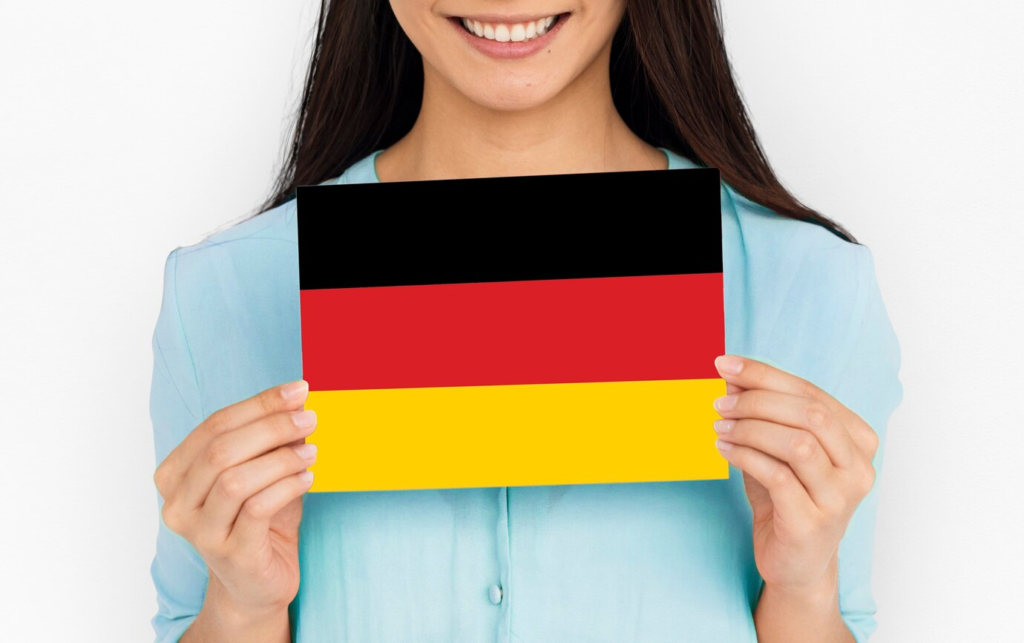
Germany is one of the most attractive countries in Europe for students, skilled professionals, and entrepreneurs looking for a high quality of life, a strong economy, and excellent social benefits. If you’re planning to stay in Germany long-term, obtaining permanent residency in Germany (also known as a Settlement Permit) is the key to securing your future.
In this comprehensive guide, we will walk you through everything you need to know about getting permanent residency in Germany in 2025. We’ll cover the different types of residency permits, eligibility criteria, the application process, and some essential tips to increase your chances of approval.
Table of Contents
1. What is Permanent Residency in Germany?
Permanent residency in Germany allows non-EU nationals to live, work, and study in the country indefinitely without needing to renew their visa or permit. With a Settlement Permit, you get almost the same rights as German citizens, except for voting rights.
Some key benefits of permanent residency in Germany include:
- No work restrictions – You can work for any employer or be self-employed.
- Freedom of movement – Travel within the EU without needing additional visas.
- Social benefits – Access to social security, healthcare, and unemployment benefits.
- Path to German citizenship – After a few years, you can apply for naturalization.
2. Who Can Apply for Permanent Residency in Germany?
To qualify for permanent residency, you must meet specific criteria based on your residency type. There are different pathways for obtaining a Settlement Permit in Germany:
A. Permanent Residency for Skilled Workers
If you’re a non-EU skilled worker in Germany, you can apply for a Settlement Permit after four years if you:
- Hold a valid EU Blue Card or work permit.
- Have been employed and paid social security contributions for at least 48 months.
- Have B1-level German language skills.
- Have enough financial resources to support yourself.
- Have a permanent work contract in Germany.
B. Permanent Residency for EU Blue Card Holders
If you have an EU Blue Card, you can apply for permanent residency faster. You can get a Settlement Permit in Germany after just 33 months if you:
- Have a valid Blue Card for at least 33 months.
- Have been employed in a qualified job during this period.
- Have made social security contributions.
- Have basic German skills (A1 level).
If you have B1 German skills, you can apply after 21 months instead of 33.
C. Permanent Residency for Graduates of German Universities
If you completed your studies in Germany and now have a job, you can apply for permanent residency after two years if:
- You hold a work-related residence permit.
- You have a stable job in your field.
- You have paid social security contributions for at least 24 months.
- You have at least B1 German language skills.
D. Permanent Residency for Self-Employed Individuals
If you started a business in Germany, you can apply for permanent residency after three years if:
- Your business is running successfully.
- You have a stable income and can support yourself.
- You have paid all necessary taxes and social contributions.
- You can prove economic contributions to Germany.
E. Permanent Residency for Family Members
If you are a spouse or child of a German citizen or permanent resident, you can apply for a Settlement Permit after three years if:
- You live together with the sponsor (your spouse or parent).
- You have basic German knowledge (A1 or A2).
- You can support yourself financially.
3. How to Apply for Permanent Residency in Germany? (Step-by-Step Process)
Step 1: Check If You Meet the Eligibility Criteria
Before applying, ensure you meet the requirements based on your residency type. The key factors include:
- Duration of stay in Germany.
- Stable employment or business.
- Proof of social security contributions.
- Language proficiency (A1, A2, or B1 level).
Step 2: Gather the Required Documents
To apply for permanent residency in Germany, you need the following documents:
- Valid passport
- Residence permit (current visa or Blue Card)
- Employment contract or proof of self-employment
- Pay slips and social security contribution records
- Proof of financial stability (bank statements, salary slips)
- German language certificate (A1, A2, or B1)
- Health insurance proof
- Accommodation proof (rental agreement)
- Integration course certificate (if applicable)
Step 3: Book an Appointment with the Immigration Office
You must apply at the Foreigners’ Office in your city. Due to high demand, it’s best to book an appointment several months in advance.
Step 4: Attend the Interview
At your appointment, an officer will review your documents and ask about your employment, language skills, and financial stability. If everything is in order, they will process your application.
Step 5: Wait for Approval
The processing time for permanent residency applications in Germany can take a few weeks to a few months. Once approved, you will receive your Settlement Permit.
4. Costs and Processing Time for Permanent Residency in Germany
- Application Fee: Around €113 to €147 (varies by city).
- Processing Time: Usually 4–8 weeks, but it may take longer in some cases.
5. Tips to Increase Your Chances of Getting Permanent Residency in Germany
Learn German
The higher your German language proficiency, the faster you can apply. Having B1 German skills reduces your waiting time significantly.
Maintain Stable Employment
A stable permanent job contract increases your approval chances. Ensure your salary meets the financial requirements.

Pay Your Taxes and Social Security Contributions
Authorities check if you’ve paid taxes and social contributions regularly. Any unpaid dues can delay or reject your application.
Keep All Documents Updated
Make sure your passport, residence permit, and work contract are valid before applying.
Avoid Legal Issues
A clean criminal record is crucial. Any legal problems can negatively affect your application.
6. Can You Get German Citizenship After Permanent Residency?
Yes! After holding permanent residency in Germany for 8 years, you can apply for German citizenship. If you have excellent German skills (B2 or C1) and have integrated well into German society, you may qualify after 6 years.
To become a German citizen, you must:
- Pass a naturalization test.
- Give up your previous nationality (Germany doesn’t allow dual citizenship in most cases).
- Show financial independence.
7. Conclusion: Is Permanent Residency in Germany Worth It?
Absolutely! Getting permanent residency in Germany provides job security, freedom of movement, and a clear path to German citizenship. If you plan to stay in Germany long-term, start preparing early by improving your German language skills, securing a stable job, and maintaining financial stability.
If you’re serious about getting your Settlement Permit in Germany, start gathering your documents today, book your immigration office appointment, and take the next step toward building your future in Germany!
Frequently Asked Questions (FAQs)
Can I lose my permanent residency in Germany?
Yes. If you leave Germany for more than 6 months, your Settlement Permit may be revoked.
Do I need a job to apply for permanent residency?
Yes, except for spouses of German citizens and retirees with sufficient financial support.
How long does it take to get permanent residency in Germany?
It depends on your visa type. It can be as fast as 21 months (for Blue Card holders with B1 German skills) or up to 5 years for regular work permit holders.
Is Germany good for permanent residency?
Yes! Germany offers a strong economy, social benefits, and a high quality of life, making it one of the best places in Europe to settle permanently.
Contact us today to schedule a consultation and take the first step towards your success.
Get in touch now with Esse india immigration for more information.
CONTACT US NOW : https://apply.esseindia.com/





